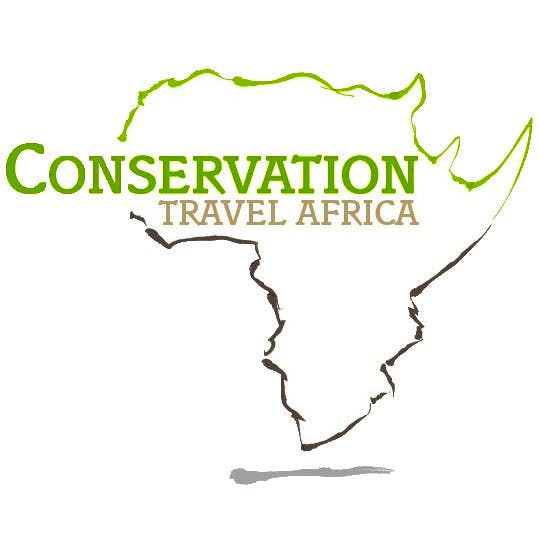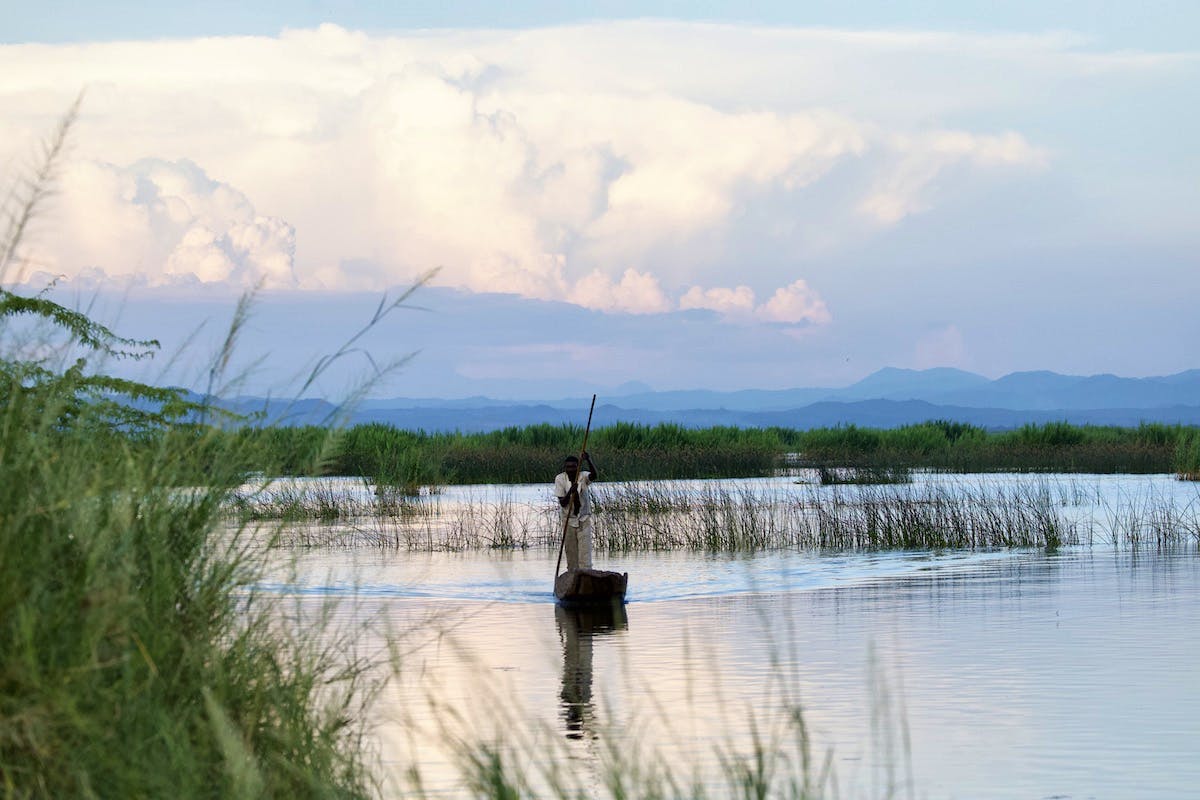Environmental Conservation & Birding





Highlights
- Contribute to a brand new conservation initiative combining wildlife, community and bird conservation.
- A unique opportunity to conserve and protect Malawi's Elephant Marsh and it's birdlife.
- Have incredible a Big 5 experience when you camp in Majete Wildlife Reserve.
- Help empower local communities through income-generating community initiatives.
- Preserve not just wildlife, but also diverse habitats and ecosystems in one of Malawi’s richest conservation areas.
- Contribute to a brand new conservation initiative combining wildlife, community and bird conservation.
- A unique opportunity to conserve and protect Malawi's Elephant Marsh and it's birdlife.
- Have incredible a Big 5 experience when you camp in Majete Wildlife Reserve.
Especially good for
About the program
Help the conservation of a whole ecosystem. Manage a conservation area, protect a wetland of international importance teeming with birdlife & uplift local communities.
About the program
Where is the program located?
You will be based in the Thangadzi River Conservancy in Malawi’s Lower Shire Valley. The area is one of Malawi’s last remaining riparian forest habitats, a critical habitat for endangered plant, bird and animal species. It is a huge privilege to help ...
Typical day
There’s no such thing as a typical day when you’re working in Africa, but you can be sure that the work you are doing will always be useful, meaningful and necessary.
Your working days are usually split into two or three parts, depending on the length of the activity and how far you need to ...
Free-time activities
In your free time you can spend time around the beautiful infinity pool, which looks out into the bush; or you can relax at the lodge or around camp. It is possible to organise a weekend visit to Blantyre, which is a lovely small city, with lots of restaurants, local markets, museums and shops.
Requirements
What's Included
What's NOT included?
Details on arrival
General information
- Volunteers can join from 1-4 weeks (2 weeks is recommended)
- Program starts every other Monday
- The project is closed from mid December to mid January
- Small volunteer groups of no more than 8 people
- Monday - Saturday lunchtime: conservation activities
- Saturday lunchtime - Sunday: leisure time
Arrivals and departures (Mondays)
Book your flight to arrive and depart from Blantyre International Airport (BLZ), Malawi
You will be collected from the airport inside the terminal building. The transfer will depart no later than 3.30pm. Please book your flights accordingly. The transfer time to the Lower Shire Valley is 2.5 hours.
For departures, the shuttle will arrive into Blantyre at 7.30am. Please do not book flights departing before 9.30am.
Visas
Most nationalities can enter Malawi for tourism without the need for a visa. Please check your eligibility well in advance of travel. You should ensure you have at least 6 months passport validity after your departure date and we recommend having at least three blank pages.
Program fees
Meet your organization

Conservation Travel Africa
Agency - founded in 2012
Verified by Volunteer World
Coordinated by
Jane
About the project
6 reviews ·  4.8
4.8
Location

You might also be interested in
-
Planting Trees
Premium
Bird Sanctuary
Family Volunteering
50 Plus Volunteering
Adults
Nature Volunteering
Group Volunteering
Volunteer Trips for College Students
Couples
Projects Abroad
Mission Trips
Voluntouring
Best Volunteer Programs
Global Volunteer Opportunities
Mission Trips to Africa



















